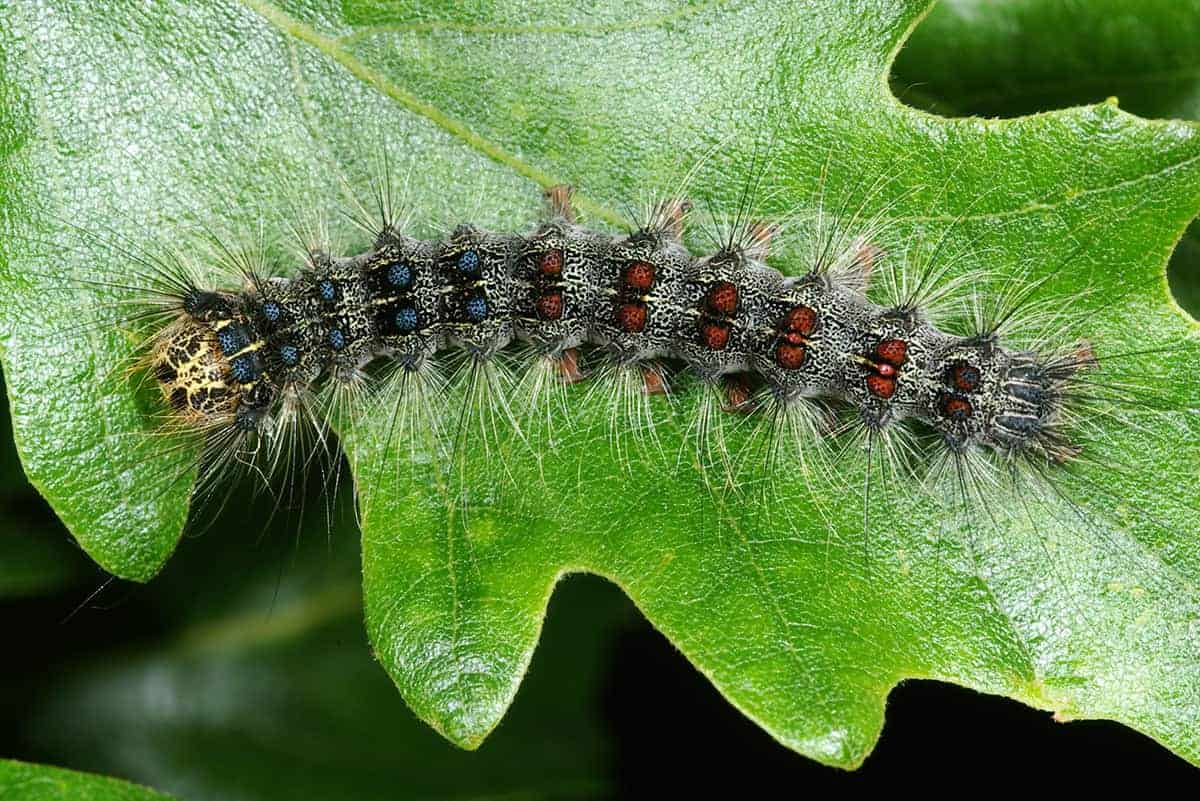Mississauga wants to eradicate invasive caterpillar at several parks in the city
Published May 17, 2021 at 5:51 pm

The city’s annual war on gypsy moth caterpillars will utilize a three-pronged attack this year.
The invasive insect causes destruction by feeding on the leaves of oak and other deciduous trees. After repeated defoliation, trees may die or become so weak that they’re vulnerable to secondary infestations.
“As a City, we have made many critical investments to protect and preserve our tree canopy throughout Mississauga to benefit the entire community,” said Mayor Bonnie Crombie in a statement.
“Trees play a vital role in our fight against climate change while providing endless benefits like cleaning the air of pollutants, providing habitats for wildlife, helping to make our city beautiful and adding charm to our neighbourhoods.”
The city will focus its efforts on areas of Mississauga that have higher populations of gypsy month egg masses. The three strategies that will be implemented are: scraping gypsy moth eggs off infested trees and destroying them; injecting tree with a botanical insecticides in four city parks – Applewood Hills, Paul Coffey, Huron Park and Sugar Maple Woods; and spraying infected trees in two parks – Cedarbrook and Jaycee – with a pressurized, hand-held hydraulic sprayer.
“Gypsy moth caterpillars have been in Mississauga for more than a decade, causing damage to the city’s already-vulnerable hardwood trees,” said Jodi Robillos, director of parks, forestry and environment for the city.
“We have seen the destruction gypsy moths can cause to our urban forest and many of our diverse tree species. The preservation of our urban forest canopy is critical because trees are an important component of a healthy ecosystem.”
For more information about gypsy moths in Mississauga, visit the city website.
insauga's Editorial Standards and Policies advertising





